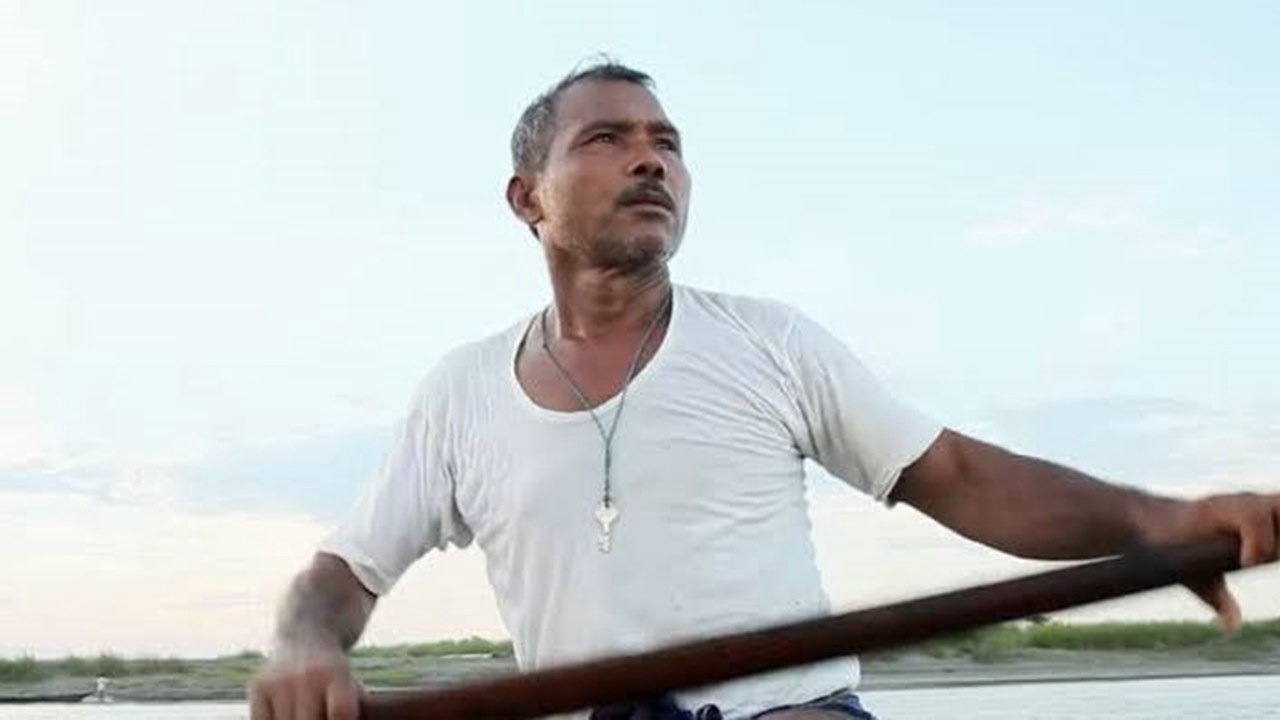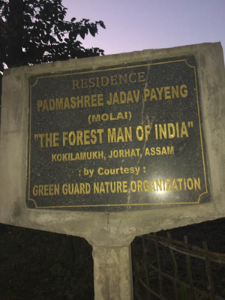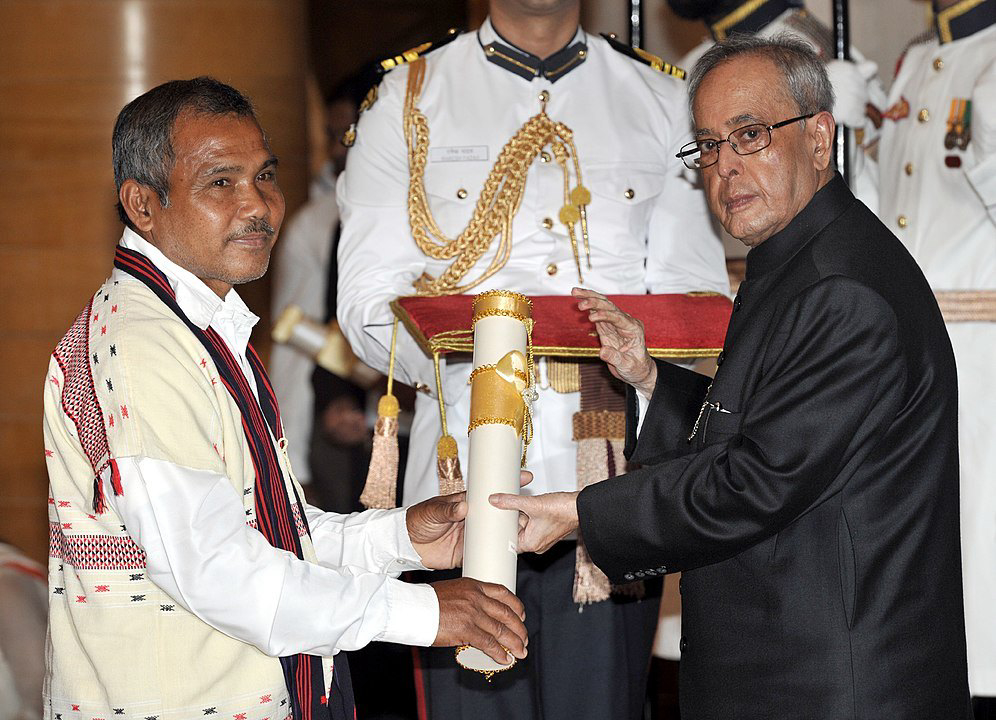
Image Credit: facebook.com
“A Man in India started planting trees since he is 16. He is now 50 and lives in his self-created forest of more than 1,360 acres housing rhinos, elephants, tigers and beautiful birds.”
Without healthy and prosperous forests, our planet cannot sustain life, but deforestation is the widespread destruction of major woodlands around the world. It is generally influenced by environmental degradation by stakeholders such as farmers, loggers and plantation firms. According to a report of ‘the quint', to underline the extent of deforestation is that the world has been losing forest land equivalent to the size of 1,000 football fields every one hour in the last 25 years. In India, 63 football fields worth of forest land fell prey to development activities every day between 2014 and 2017.
But the good news is that a man from India is fighting back to protect and restore forest land. Jadav Molai Payeng, known as the Forest Man of India, earned this name by spending 30 years of his life planting trees, creating a real man-made forest of 550 hectares.
Jadav Payeng belongs to the tribe in Assam and he lives in a small hut in the forest with Binita, his wife, and his 3 children. He has a farm and sells the milk for his livelihood, which is his only source of income. As a boy, Jadav Payeng was distressed by the lethal deforestation and erosion causing on his home, the island of Majuli, in India's Brahmaputra River. When Payeng was 16, he came across a bed of dead snakes on the sun-baked shores of the Brahmaputra river. The reptiles had been stranded on the empty banks of the river and died in the heat due to the lack of shade or tree cover. For many people, the sight of a dead snake would be an unpleasant image, but for Jadav Molai Payeng it was a call to action that inspired him to do something. He decided to turn his sadness into action, he abandoned his previous life and began living on the shore of the river to cultivate to a harvest of bamboos that he planted by hands.
The residence of Jadav Payeng, the island of Majuli is the biggest river island in the world. But it has shrunk over the past 70 years by more than half. To fight this, in 1979, the Assam Forestry Division of Golaghat district began a plan to reforest 200 hectares of the forest, and Payeng was one of the labourers who worked in that project. However, the program was sadly abandoned in 1983. After that, the forest was single-handedly attended by Jadav Payeng during the course of over 30 years. He not only looked after the plants, but continued to plant more trees on his own, in an effort to transform the area into a forest.

Image Credit: www.assamtimes.org
Jadav Molai Payeng planted and tended trees along a sandbar on the Majuli island. The forest he created, encompasses an area of about 1,360 acres/550 hectares. And now, the forest area can be compared to the size of 15 football stadiums together.
The forest created by Jadav Payeng is larger than Central Park in New York City. Thanks to him, the forest now houses Bengal tigers, Indian rhinoceros and over 100 deer and rabbits. It is also home to monkeys and several varieties of birds, including a large number of vultures. There are numerous trees, including valcol, arjun (Terminalia arjuna), koroi (Albizia procera) and himolu (Bombax ceiba). Moreover, bamboo covers an area of over 300 hectares.

Image Credit: facebook.com
A mob of around 100 elephants yearly visits the forest and mostly stay for around six months. They also have given birth to 10 calves in the forest in recent years. The government only learned about Jadav's forest in 2008 when heard about these elephants. In his honour, the forest was named after Jadav Molai Payeng, as the Molai forest. He went on with planting other species and he expects to spread his Molai Forest to Bongoan of Majuli.
The Molai forest and Jadav Payeng have been the subject of a number of awards and documentary films. He became part of several local documentaries. And in 2013, William McMaster's documentary film Forest Man, on Jadav Payeng, pledged 8,327 U.S. dollars on a Kickstarter campaign, it was shown at the 2014 Cannes Film Festival as well. In the month of October 2013, he was honoured at the Indian Institute of Forest Management during their annual event Coalescence. In 2015, he was honoured with Padma Shri, the fourth highest civilian award in India. He also received an honorary doctorate degree from Assam Agricultural University and Kaziranga University for his contributions.
(Source - Wikipedia/Deccan Herald)

Image Credit: en.wikipedia.org
The forest man of India is an example for all of us that, preserving nature is always more essential than any progressions, and the recent outbreak of novel Coronavirus has made very clear to mankind that nature is vital and we can't control it. So, it is essential to protect forests by helping in afforestation programs, finding alternative sources for forest products and recycling processes. The inspirational journey of forest man of India enlightens us that even an individual's effort can bring a change in the world, but one just needs to have that kind of devotion.
